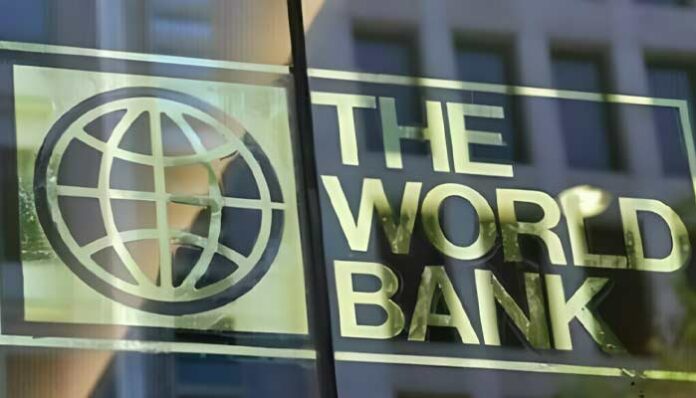Pakistan will receive $194 million from the World Bank to improve schools and provide better access to clean water.
To support Balochistan, the World Bank has planned $194 million in aid that will go toward fixing problems in schools and making clean water easier to get.
A portion of the funding, $100 million, will be used for a new education program designed to improve the quality of schooling across the province. It aims to provide better learning environments for students in both urban and rural areas.
More classrooms, teaching materials, and school facilities will be added or upgraded. Teachers will also receive support to improve their teaching skills. The main goal is to give every child a fair chance at a good education. Around 250,000 children are expected to benefit directly from this step. This effort reflects a strong focus on creating a brighter future through better education.
Through this project, 5,000 teachers will be given learning sessions to improve how they teach. Also, 400 young women will get financial help for their studies so they can become teachers later on.
Helping agriculture and clean water access, a separate plan will be backed with $94 million. The goal is to upgrade water supply systems and make water more available for farming needs.
One key focus of the funding, according to the World Bank, is to upgrade Quetta’s water system. The city has faced water shortages and weak supply networks for many years. This project aims to repair old pipelines, improve water storage, and make clean water more easily available to residents.
With a better water system, people’s health and daily lives can improve. It will also support local farmers and businesses by ensuring a steady water supply. This effort is part of a wider plan to improve basic services in the region. The World Bank views this upgrade as an important move toward long-term progress in Quetta.
As part of its future goals, the World Bank aims to give $40 billion in aid to Pakistan from 2026 to 2035 under a program called the Country Partnership Framework.
To move the project forward, the Ministry of Economic Affairs is creating a detailed plan that supports both the government’s priorities and the Uraan Pakistan economic vision, according to official documents.
Marking a new approach, the World Bank’s has decided to follow a 10-year plan instead of its regular 5-year cycle used in the past. This change shows that the Bank is thinking long-term for Pakistan and reflects a stronger level of trust and commitment to the country’s future.
The new strategy is made to support many development goals, including better education, clean water, job creation, and overall economic growth. By planning for a longer period, the World Bank’s hopes to create lasting results. This shift clearly shows steady and long-term support for Pakistan’s progress.
For authentic news and the latest updates, stay connected with: DumdaarPoint.com

